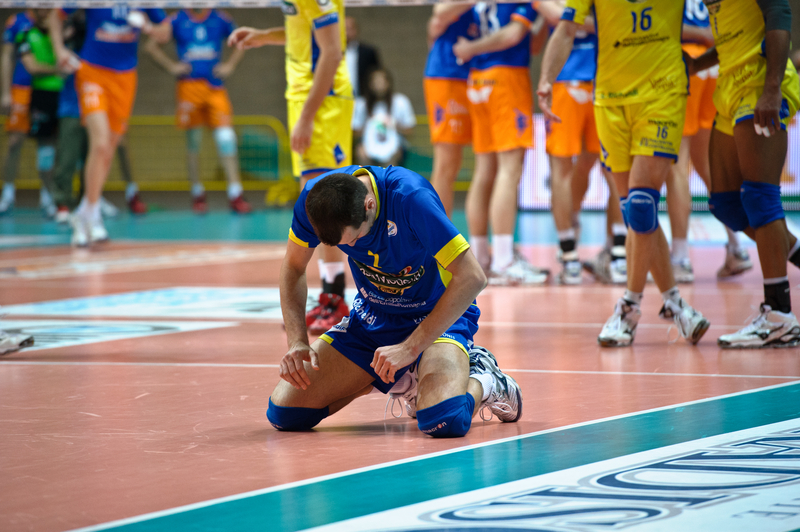All over the news we have heard interviews with psychologists and counselors discussing the rising levels of narcissism and entitlement among young adults in this country. The reasons are many and there is plenty of blame to go around. I could spend time rehashing the arguments but you probably have already heard the reasons and I already wrote one book on failure to launch adult children.
Regardless of the origins of the problem, one of the solutions is very clear. We have done a crappy job of teaching our children and our clients how to fail. When we are allowed to fail, we connect our actions to a specific consequence as a result of that failure. If we do not study for a test, we get a poor grade. If we forget to pay our cell phone bill, the phone gets turned off. If we screw up at work, our boss points out the error and we will be fired if we continue the mistake. If we speed, we get a ticket. The list goes on and on. Failure is a normal part of the adult human experience. When we fail or mess up, the consequence lets us know what we did wrong and if we do not want that consequence again, we change our behavior.
Too many times parents will call the teacher and try to get the grade changed or better yet yell at the teacher for failing their child. I had one parent continuously hire the expensive family lawyer to get their child out of legal issues and they could not understand why they did not learn their lesson and kept getting into trouble. I looked at them with a straight face and asked why would they change their behavior? You reinforced that they are special and that the rules do not apply to them; thus taking away any reinforcement that would make them not do the behavior. It is like gambling on the stock market with other people’s money, keeping the money if the stock hits and sending them a bill and a request for more funds when they lose.
Parents know this when I tell them. They even acknowledge that they know what they are doing is wrong but ask the question “how much do I let your child fail?” Do we let our children ruin their lives with a criminal record? Do we let them ruin their credit? The simple answer is, well, it depends on the problem that we are experiencing.
I use a metaphor of a controlled demolition of a building to illustrate how much to let a child fail. With a controlled demo of a building, you need a certain amount of TNT to bring the building down, say 100 tons. If you use 90 tons you will get a hell of an explosion, but the building will still stand. If you use 110 tons you blow the building and the entire city block with it. The answer is to allow the child to fail enough to get movement on the underlying reasons for the problems but not enough to destroy the child.
We also take into account what our goal is. If the child is entitled and no underlying issues, then they can handle some tough love and doing something on their own. If they have mental health issues, like severe depression with suicide concerns or Autism Spectrum where there literally might not be able to manage life on their own at the moment, then we choose a failure option that accounts for those things but also allows us to push them and see what they can/can’t do. If we are looking at addiction and they refuse treatment, kicking them out through an intervention is the only option; because they might get arrested or overdose on the street, but it is near 100 percent if they continue to use on your own couch. Helping them hit rock bottom might be the only thing that gets through to them.
Failure is not a bad thing; it makes people stronger, models the real adult world that can be harsh, and builds resiliency to handle increasingly difficult things. If we rush to their rescue and prevent them from failing, it is us as parents and clinicians who fail in the long run.

